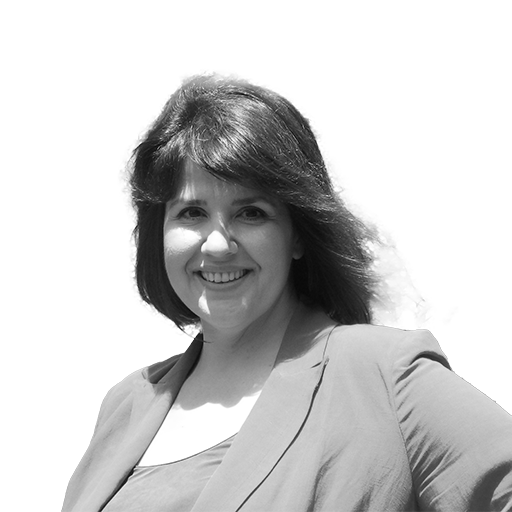
Glykeria Fragkiadaki
Biography
Glykeria Fragkiadaki is an Assistant Professor of early childhood science education at the Faculty of Education, Aristotle University of Thessaloniki, Greece. Prior to this appointment, she held the position of Senior Research Fellow at Monash University, Australia, leading part of Australia’s first National Programmatic Study of Conceptual Play in Science, Engineering, and Technologies. Glykeria’s research is focused on young children’s conceptual learning and development in science in dialectical interrelation with the child’s social and cultural reality. The concepts of play, imagination, and creativity as well as children’s drawings are central to her research work. She also has extensive teaching experience as an early childhood teacher and director in pre-school settings. Glykeria has published over 30 research papers in international journals and 20 book chapters and has presented her research work widely. She has experience as an editor in collected volumes and scientific journals.
Talk Details
Scientifically literate citizens: never too early
At the recent launch of the OECD PISA 2025 Science Framework, it has been highlighted that tackling complex global challenges requires scientifically educated citizens able to think like scientists, ask good questions, critically assess evidence, make informed decisions, and feel confident and competent in science. The highly demanding conditions of the pandemic and parallel crises such as climate change and the ecological crisis highlight the importance of forming scientific concepts, developing scientific skills, and connecting science to everyday life, and real-world problems for a sustainable future. Scientific literacy and scientific thinking can and should begin early in life. Scientific literacy is a right of all young learners not for becoming active future citizens but, for being current citizens of science in child-inclusive societies. However, Greece has plunged in the latest global ranking regarding students’ capacity in science based on the evidence revealed by the Program for International Student Assessment. What have we missed and what can we do?
